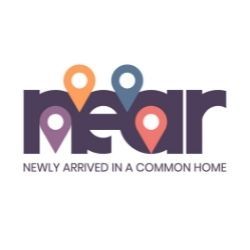Collating digital narratives to raise awareness of the rich cultural heritage of African Nations

Stories shape the way we see the world, but we can never rely on a single story.
The African Diaspora has reached most corners of the world, but despite how far Africans have travelled, their histories and stories have not been assimilated into the narratives of European societies and are not included in European teachings. This is problematic, because the stories we are told shape the way we see the world, and no single story can capture the richness of a continent as varied and vast as Africa.
SingleStory aims to bring the gift of griots, West African historians or storytellers, into the 2020s to promote African stories through the medium of digital storytelling. This will provide local schools, adult education centres, and communities in our respective countries with a unique perspective that can only be fostered by learning the stories of Africa.














